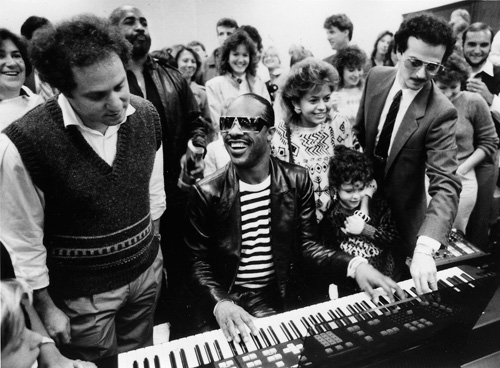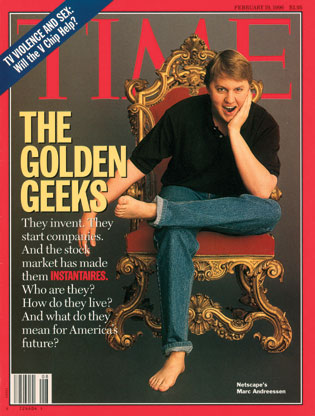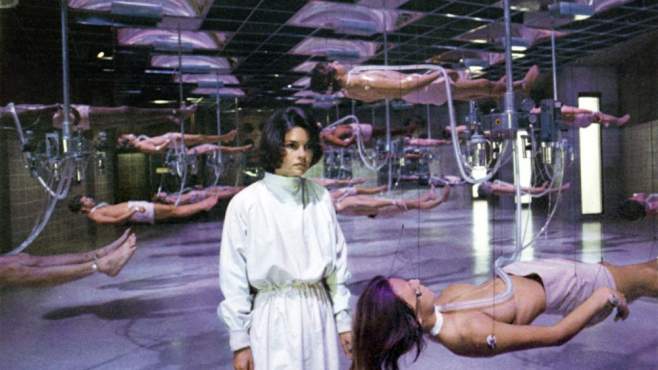I wish Ray Kurzweil would live forever, but I fear he won’t make it.
Like almost everyone reading this (and writing it!), the brilliant inventor and futurist will likely die sometime in the twenty-first century. Kurzweil hopes to defy the odds–defy death itself–by taking a regimen of supplements which cost thousands of dollars a day, hoping he will remain alive and healthy until technology can make him immortal in one fashion or another. A passage from a new profile of the Googler by Caroline Daniel of the Financial Times:
Though the 67-year-old Kurzweil looks fresh-faced (he uses antioxidant skin cream daily), he is ageing, even if his “biological age comes out in the late forties. It hasn’t moved that much.”
But this is peanuts compared with Kurzweil’s ultimate goal: to live for ever. That means staying healthy enough to get to what he dubs “Bridge Two, when the biotechnology revolution will reprogramme our inherited biology”, and “Bridge Three”: molecular nanotechnology enabling us to rebuild our bodies.
Radical life extension has been on Kurzweil’s mind for decades. Today such sci-fi heroics to save mankind from death are being embraced by Silicon Valley’s tech elite. Billionaires such as Peter Thiel, PayPal co-founder, call death “the great enemy”; death is no longer seen as inevitable but as the latest evil to be “disrupted”. Google, too, has created a separate venture, Calico, to combat ageing. “I had a discussion two years ago with the head of Google Ventures about longevity. It resulted in Calico. I’m an adviser.
“I think every death is tragic. We’ve learnt to accept it, the cycle of life and all that, but humans have an opportunity to transcend beyond natural limitations. Life expectancy was 19 a thousand years ago. It was 37 in 1800. Everyone believes in life extension. Somebody comes out with a cure for disease, it’s celebrated. It’s not, ‘Oh, gee, that’s going to forestall death.’ ”
A scientist in Newsweek magazine in 2009 mocked Kurzweil, saying his was “the most public mid-life crisis” ever. “These are ad hominem attacks. There’s what I call ‘death-ist’ philosophy of people who celebrate death,” he responds.
Kurzweil claims the fundamental mistake his critics make is in believing progress is linear. This is his key thesis: “The reality of information technology is it progresses exponentially . . . 30 steps linearly gets you to 30. One, two, three, four, step 30 you’re at 30. With exponential growth, it’s one, two, four, eight. Step 30, you’re at a billion.”
If medical progress might once have been a hit and miss affair, he argues that we are now starting to understand “the software of life.”•



